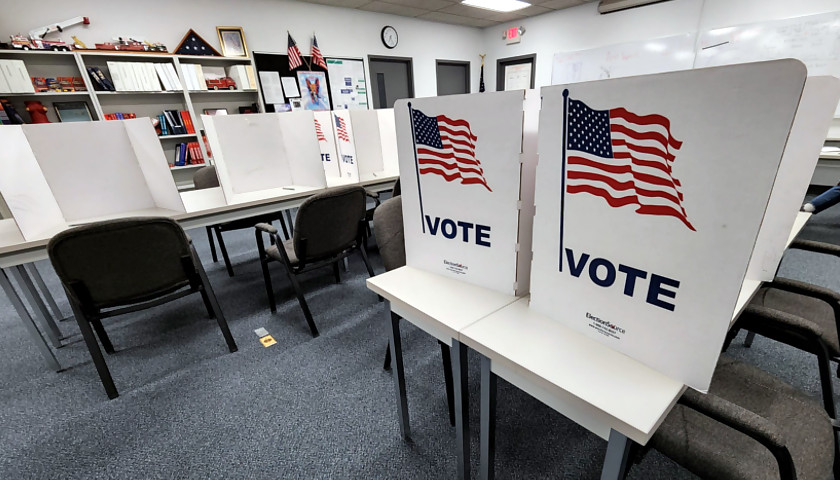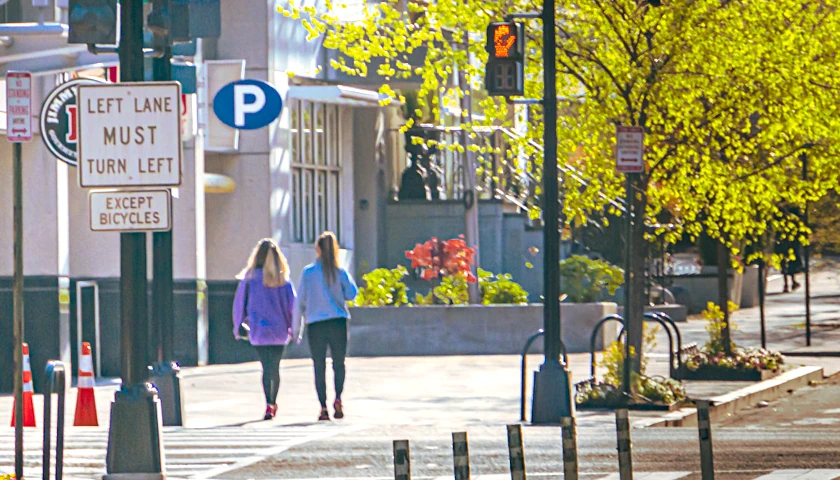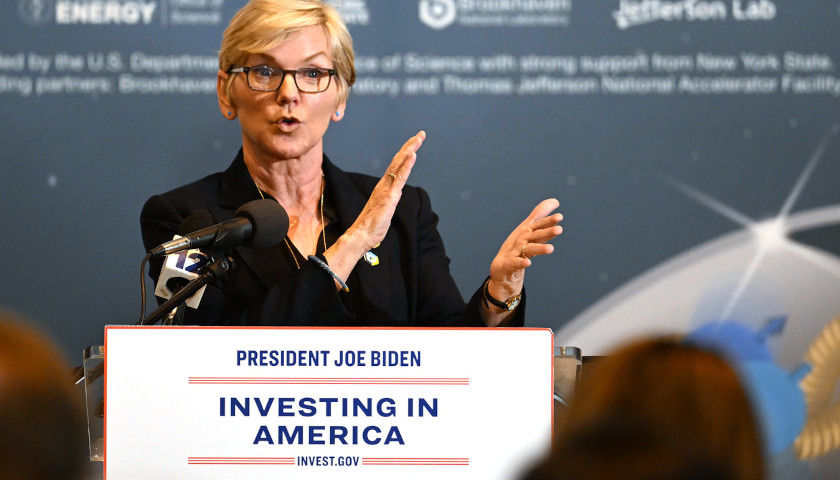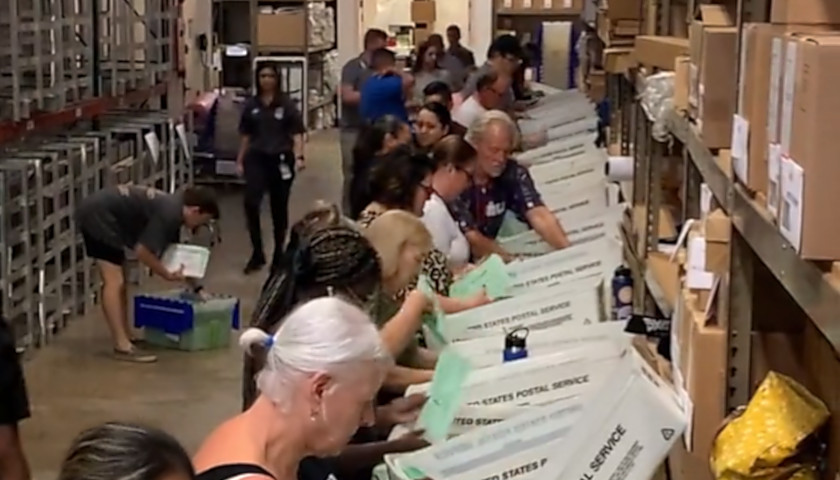An Arizona bill that would void the results of low turnout elections and reschedule them to coincide with statewide or federal races advanced past the Senate Committee on Elections and will now go to a full vote in the Arizona Senate, so long as the legislation is deemed constitutional by the Rules Committee.
The bill, SB 1131, would nullify the results of a local election that does not coincide with a statewide or federal election if less than 25 percent of possible voters turn out to vote.
According to the bill’s fact sheet, the law would automatically apply in the event “of an election in which less than 25 percent of the eligible registered voters cast a ballot,” immediately requiring the jurisdiction to repeat the vote “on the next election date for a statewide or federal office.”
Elections including statewide or federal elected officials are exempted by the rule, as are elections in special taxing districts.
The fact sheet cites the Arizona State Legislature’s document declaring a rule change following the court’s ruling in City of Tucson v. State in 2014, when the court ruled that Tucson had the right to determine the timing of its own elections without interference from state lawmakers.
After the ruling, the legislature determined that political subdivisions, like cities, must hold their “elections on a statewide election date if its previous elections on a non-statewide election date resulted in a significant decrease in voter turnout in that political subdivision.”
Senator John Kavanaugh (R-Maricopa) (pictured here) told the committee that the legislation, which he introduced, is designed to motivate cities and municipalities to change their election dates to coincide with races that receive more votes.
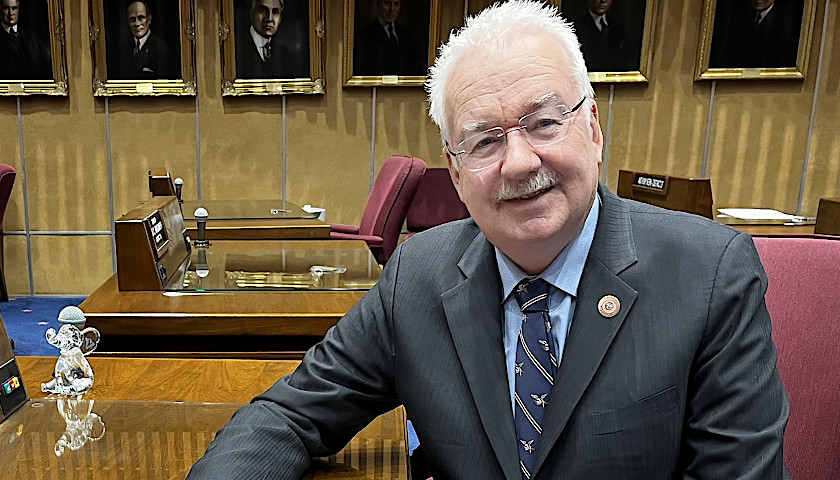
“The message here is: Have your election when people show up,” Kavanaugh reportedly explained.
Though Democrats on the committee suggested that voiding the election results of low turnout elections could disenfranchise voters and fail to motivate election officials to move election dates, SB 1131 ultimately passed the committee on a party-line vote, with all Republicans voting in favor. If approved by the Rules Committee, the bill will receive a full vote in the Senate.
In a previous effort last year, Kavanaugh urged lawmakers to pass a bill that would have stopped any attempts to create a ranked choice voting (RCV) system in Arizona.
– – –
Tom Pappert is the lead reporter for The Tennessee Star, and also reports for The Georgia Star News, The Virginia Star, and The Arizona Sun Times. Follow Tom on X/Twitter. Email tips to [email protected].
Photo “Polling Place” by Corey Seeman CCNC2.0

